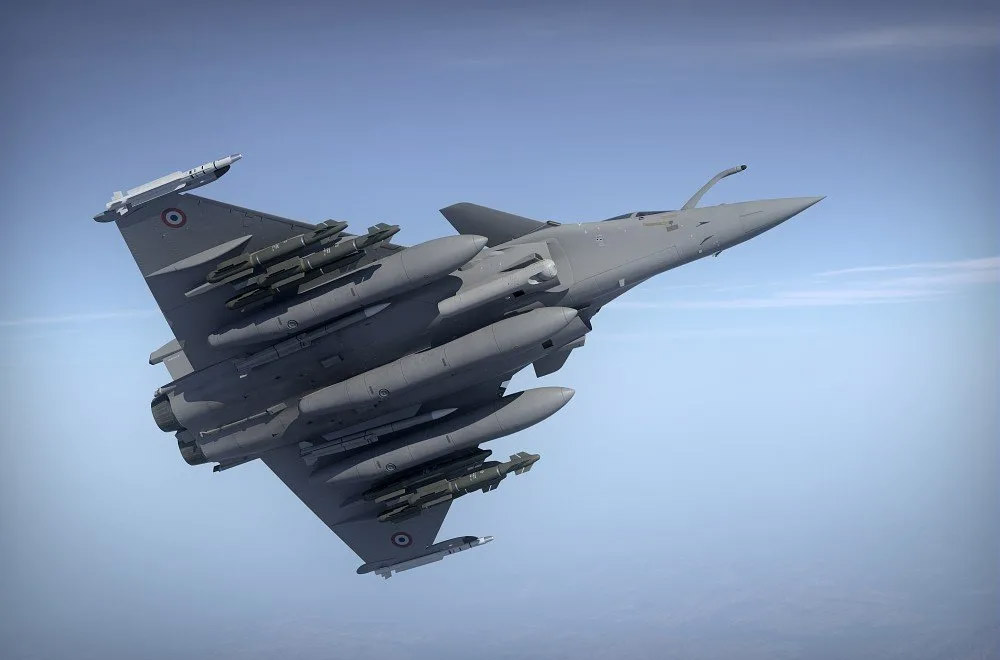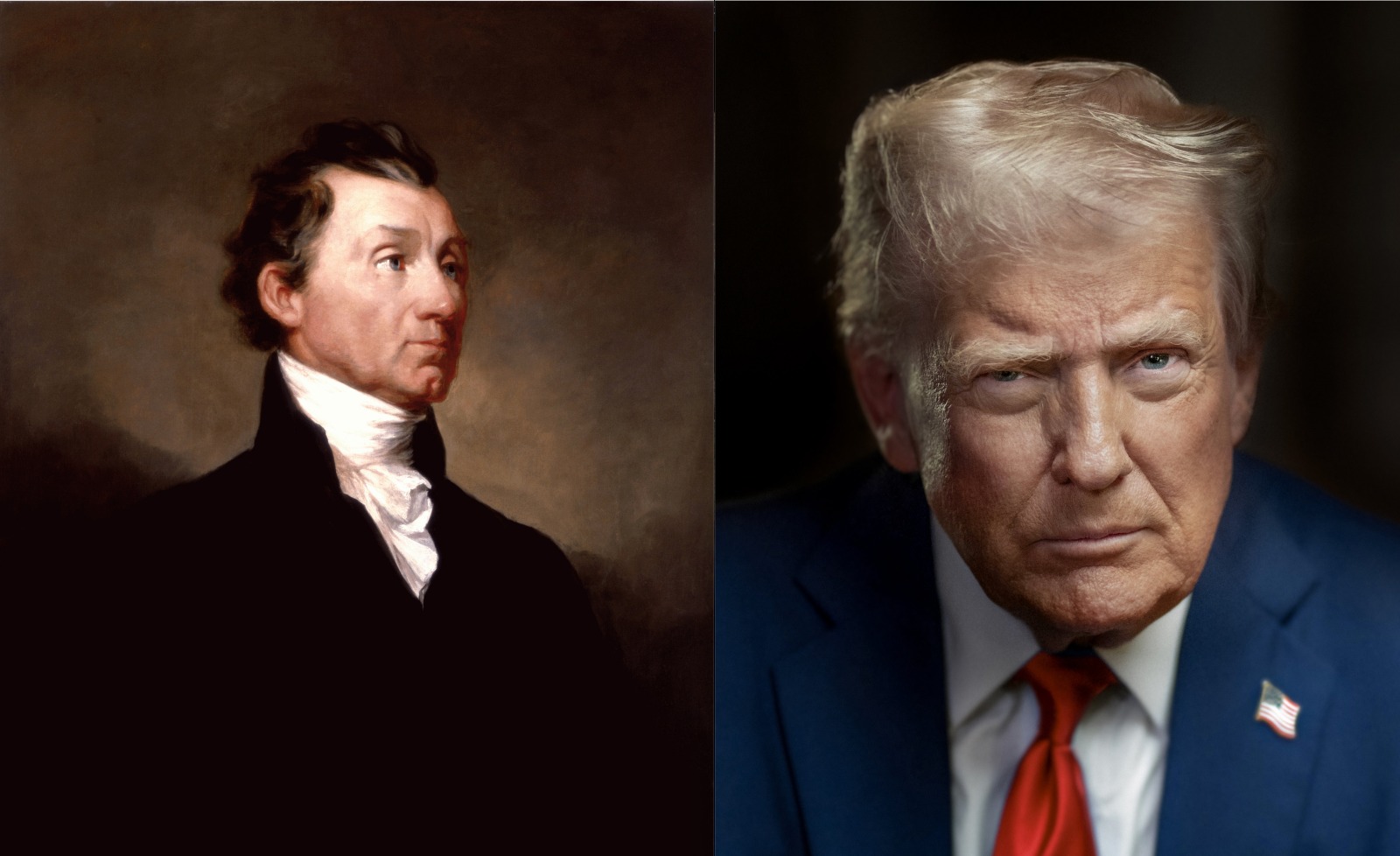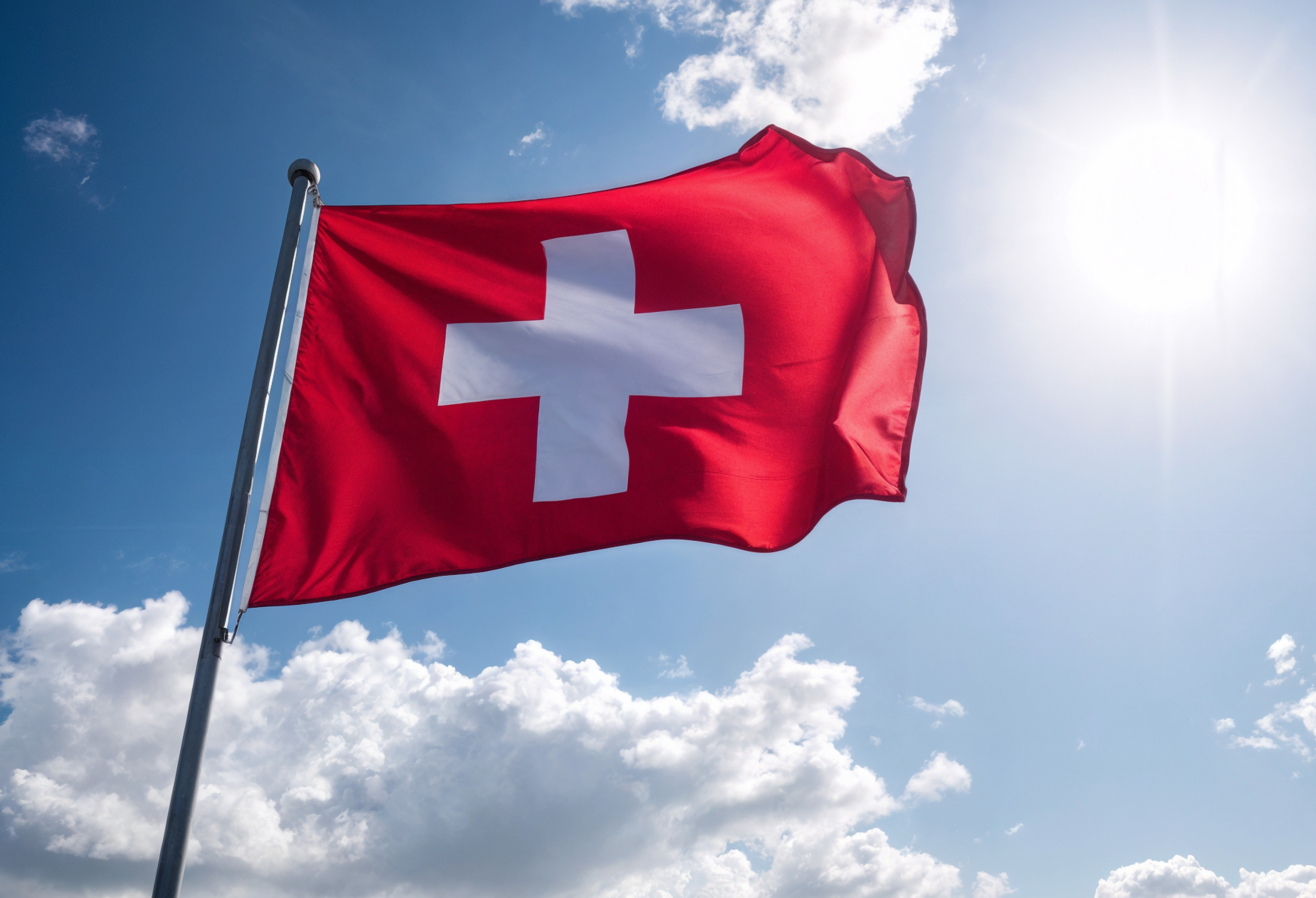Acteur grandement présent politiquement (moins en tant que conseiller et exécutant du Prince participant à l’élaboration, puis à l’exécution de la décision publique, mais plutôt en tant que magistrat décisionnel d’influence placé au cœur même du système cérébro-spinal de l’organisme social, pour employer le langage durkheimien), mais aussi historique (acteur générant l’État et lui conférant sa substance, ce qui fait fortement penser à la célèbre phrase de Seeckt selon laquelle la Reichswehr est au service de l’État, elle est l’État) et enfin culturel (mission d’encadrement et de formation de la nation toute entière assignée à l’officier dont la réalité puisse être débattue à nos jours, mais la rhétorique et l’imaginaire militaires ne font pas de doute à son sujet), le militaire en Turquie est objet étrangement discret des sciences sociales. Cet article a pour objectif central de saisir le pouvoir militaire en Turquie et d’en cerner les niveaux décisifs.
Armée en Turquie : pouvoir militaire, pouvoir civil
The Turkish Army: military power, civil power
The Turkish Army is ever-present politically, less as an adviser and executive arm of the Government helping with the planning and execution of public decisions but more as an arbiter of influence placed at the very heart of the social order’s nervous system, to quote Durkheim. It is also an historic force, as the actor which generated the State and gave it substance; one is reminded of the celebrated phrase of von Seekt that the Reichswehr was ‘. . . not only at the service of the State–it is the State’. Finally, the cultural mission of providing a framework and training to the entire State is entrusted to its officers; the reality of this may be debated these days, but military rhetoric and imagination leave little doubt as to the theory. The whole question of the military in Turkey is strangely discreet in the social sciences. The main aim of this article is to examine the reality of military influence in Turkey, and to bring out its main aspects.
Quels que soient les impératifs nationaux ou internationaux auxquels est confrontée une armée contemporaine, les données de l’histoire jouent un rôle majeur dans le discours que tient l’armée sur elle-même et dans l’image qu’elle projette dans la société. L’institution militaire telle qu’elle apparaît aujourd’hui en Turquie s’est constituée au fil des années suivant le modèle des armées les plus prestigieuses du moment (en l’occurrence celui des armées de masse), lorsque l’Empire ottoman a entrepris la modernisation de son armée.
Histoire des rapports armée-pouvoir
1789-1923 : restructuration des armées
Cette période est essentiellement caractérisée par le début du processus de restructuration de l’appareil militaire ottoman dont l’objectif principal est de faire des officiers des professionnels des armes, indépendants du pouvoir et capables de rivaliser avec leurs adversaires tant par l’équipement que par l’entraînement et l’efficacité ; une formule magique dans la bouche des bureaucrates ottomans, confrontés à une armée impériale affaiblie et insubordonnée (émeutes incessantes des janissaires). Le paradoxe de ce renouveau militaire ottoman (1) qui vise, de manière avouée ou non, à écarter les militaires de la politique, est qu’en créant une armée moderne initiée aux techniques nouvelles de guerre dans un Empire en pleine décadence, il accentue finalement les ingérences militaires dans la sphère politique ottomane. On assiste donc à une prise de conscience politique qui se développe parallèlement à la rénovation militaire. Les officiers, dotés des connaissances militaires modernes et acquises aux courants d’idées affluant de l’Ouest, sont frustrés par la perte incessante des territoires et l’inertie du gouvernement central. Ils s’orientent de plus en plus vers des activités extra-militaires pour atteindre des objectifs politiques. L’armée n’est désormais plus l’outil d’expansion passif des Sultans ottomans. Elle agit, complote, vise le pouvoir ; mais en le faisant, elle s’enfonce aussi dans le chaos politique, entraînant ainsi l’Empire au désastre au sortir de la Première Guerre mondiale (révolution jeune-turque de 1908, dictature militaire du Comité union et progrès, participation au conflit mondial avec les puissances centrales, défaite finale et démembrement de l’Empire).
1923-1950 : l’armée au cœur du système politico-étatique
Dans les années qui suivent la résistance kémaliste contre les forces occupantes, couronnée par la reconstruction de l’unité nationale et l’instauration de la République en 1923, on constate un important changement de nature dans les relations civilo-militaires, l’armée ne constituant plus une menace pour le pouvoir civil, mais plutôt son bras séculier. Elle est donc au cœur du système politico-étatique, mais dépourvue de tout pouvoir autonome. Les militaires apparaissent en quelque sorte comme un des piliers primordiaux de l’État-parti (Parti républicain du peuple, CHP) des dirigeants kémalistes dans lequel ils sont incorporés en situation subordonnée et non pas en droit de s’ériger en autorité suprême. Au demeurant, la subordination des prétoriens de l’appareil politico-partisan aux dirigeants de la nation est quasi-totale ; le pouvoir militaire, pour la première et la dernière fois dans l’histoire républicaine du pays, s’évanouit donc et cela bien que les militaires restent paradoxalement très proches de la politique et qu’ils soient constamment consultés sur tous les problèmes relevant de l’ordre public au sens large du terme. Assurance du régime, secteur privilégié de l’appareil étatique, l’armée est enfin l’école de la nation, puisqu’elle est chargée de l’éduquer, de la former, notamment de lui inculquer le patriotisme et les valeurs républicaines. Aussi chaque régiment se transforme-t-il en un « centre d’apprentissage », en une « école de bonnes mœurs », rendant à la nation des citoyens républicains, instruits, probes, laborieux. Une mission nouvelle qui est donc désormais proposée à l’officier, une mission de moniteur, d’instituteur, d’éducateur, dans un esprit d’idéalisme saint-simonien.
Il reste 79 % de l'article à lire
Plan de l'article








